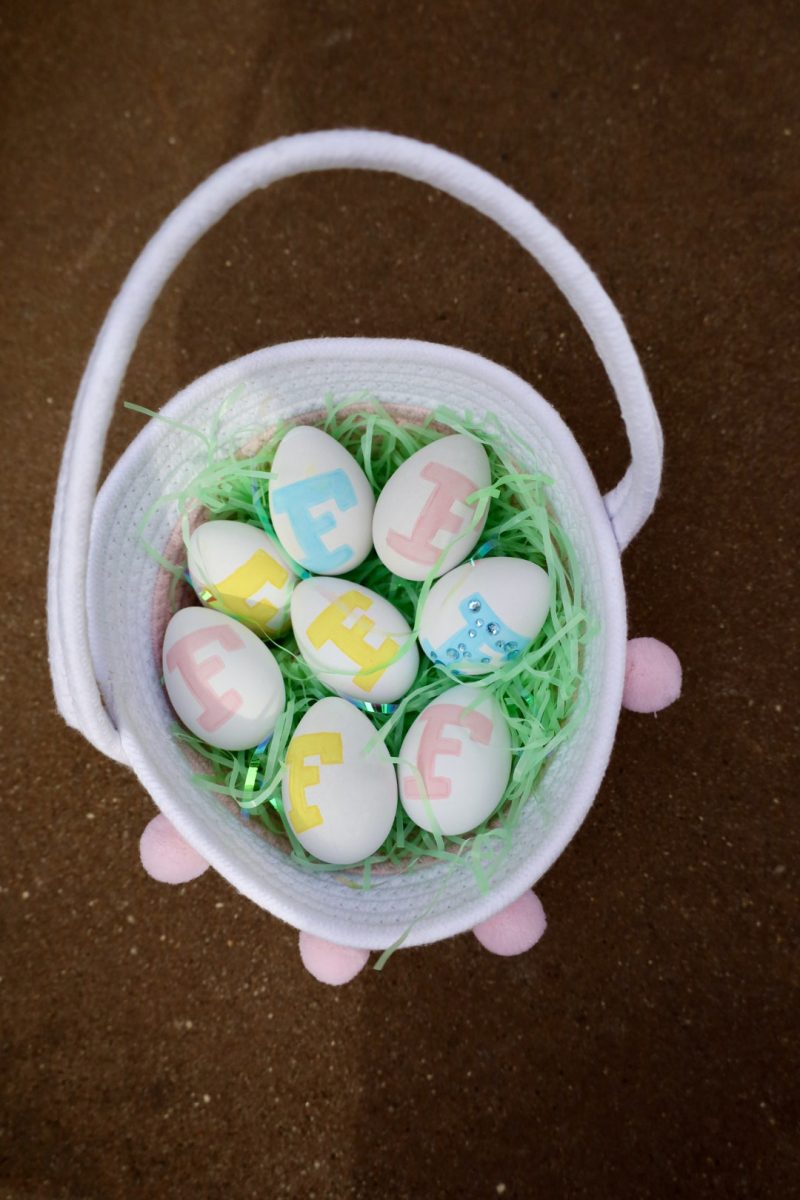On Friday, Sept. 29, New York City was hit with massive amounts of heavy rain. In certain areas of the city, up to six inches of rain flooded the streets, causing New York state to issue an emergency flash flood warning. On Fordham’s Rose Hill campus, many pathways were overwhelmed by the floods and certain buildings began to leak, making it almost impossible to safely and comfortably navigate the campus and attend classes. Yet, Fordham’s administration chose not to cancel classes for the day.
I believe that keeping the school open under these circumstances compromises the safety of many students. First, it is important to consider that approximately 40% of the undergraduate students at Fordham are commuters. Many commuter students either drive to school or utilize the public transportation system. However, on Sept. 29, half of New York City’s mass transportation system was shut down because of the floods. Also, major roads surrounding the university were unsafe to drive on due to the downpour. It is not fair for commuter students to be expected to promptly show up to class during a flash flood, because in many cases, they cannot take public transportation or drive through standing or running water. Administration and staff may experience similar troubles on their commutes to campus. To combat this problem, Fordham should cancel or virtualize all classes whenever there is a flash flood. Additionally, all administrative and club meetings should be canceled until further notice. If other staff members, such as the dining and custodial staff, have trouble commuting to campus, their tardiness or absence should be excused during severe weather conditions, such as a flash flood. While halting all of the school’s usual activities seems drastic, it is imperative that Fordham puts the safety of its staff and students first. Additionally, we are lucky enough to live in a digital age where it is easy to make up for lost class or meeting time virtually.
I also believe that Fordham should have a form of mass communication to alert all staff and students of specific procedures and measures that should be taken during severe weather. On Sept. 29 at 3:19 p.m., Fordham sent out a mass email warning everyone of the flooding and advising that they take caution. While this email was helpful in updating us on the status of the situation, I believe that we could have been updated earlier on what was going on. For reference, the City University of New York (CUNY) school system has a system called “CUNY Alert” which allows people to receive alerts via text or email regarding weather conditions and weather related closings on their campuses. Implementing a system similar to this at Fordham can be beneficial because it will allow people to receive real time updates of what exactly is going on and the conditions of specific buildings on campus. For instance, updates on flooded buildings, broken elevators and canceled meetings. That way, staff and students can plan in advance how they will navigate campus in the most safe and efficient way during severe weather conditions. It will allow students to receive updates via text, not just email. This will ensure that they will be sure to see the message and it won’t get lost within the many emails staff and students receive on a daily basis. Campus-wide safety is primarily supported by effective campus-wide communication. All staff and students should be in the know about the state of the campus and how they should alter their daily whereabouts in the event of an emergency.
Finally, in the long term, Fordham can update their sewer system and come up with some sort of flood control project, similar to that of the University of Michigan. This can include installing new storm sewer lines or possibly finding space to insert a detention pond which can hold stormwater and runoff. To maximize the safety of our staff and students, it is also important that the university ensures that all underground or basemented areas on campus are adequately waterproofed. While this may be a costly endeavor, given the trajectory of New York City’s weather pattern, these measures seem worthwhile to implement.
At its core, the excessive amount of flooding that has been occurring is directly a result of climate change. For the time being, Fordham should promote an environmentally friendly campus to play a part in combating climate change, which is the primary cause of heavy rains. However, to prevent the issue of an unsafe campus due to flooding itself, canceling or making classes online, proper and frequent communication and campus renovations will suffice.
Laila Sayegh, FCRH ’27, is a political science major from Congers, N.Y.






































































































































































































